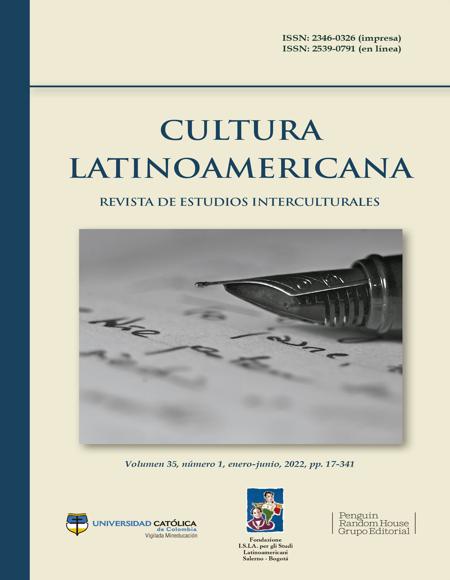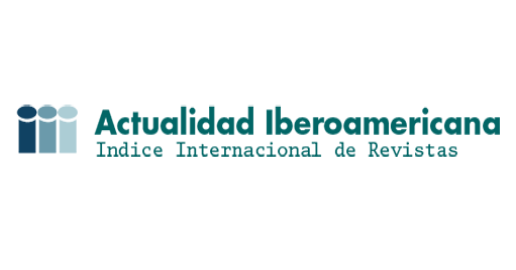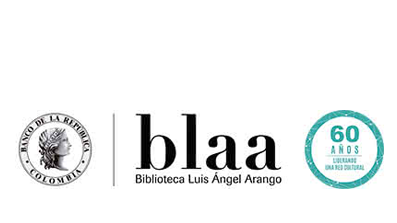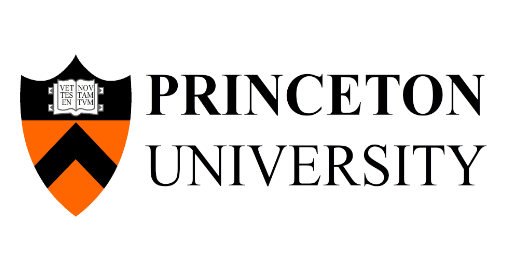
Este trabalho está licenciado sob uma licença Creative Commons Attribution-NonCommercial-ShareAlike 4.0 International License.
Ao submeter artigos para avaliação, os autores concordam em transferir os direitos de publicação para Cultura Latinoamericana. Revista de Estudios Interculturales para publicação em qualquer meio. A fim de aumentar a sua visibilidade, os documentos são enviados para bases de dados e sistemas de indexação, e podem também ser consultados no sítio Web da Revista
Resumo
This research relates Hegel and Mariátegui. The first, a universal thinker
of current relevance, has a vision of history and cultures based on a special
conception of freedom, which marks the development of the spirit. But
this a priori excludes the American peoples (except the United States),
constructing a Eurocentric discourse that leaves them out of history. At
this point José Carlos Mariátegui appears, who, we think, answers the
Hegelian anathema without intending to. In a lucid passage from the Seven Essays, the meaning of freedom in the Andean Tawantinsuyan world
is explained, and such an explanation reformulates and relativizes the
Hegelian judgment on America. Obviously, we are not saying that the
conscious and direct intention of Mariátegui was to refute Hegel, in any
way, but by connecting the texts we propose an interpretation that makes
both thinkers dialogue.
























